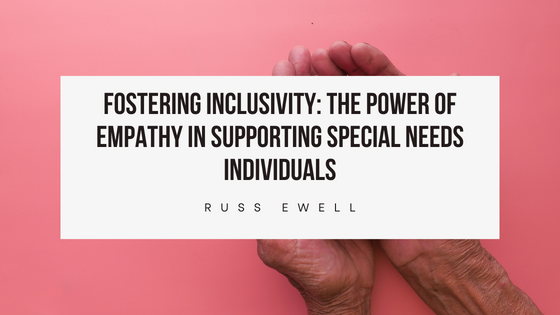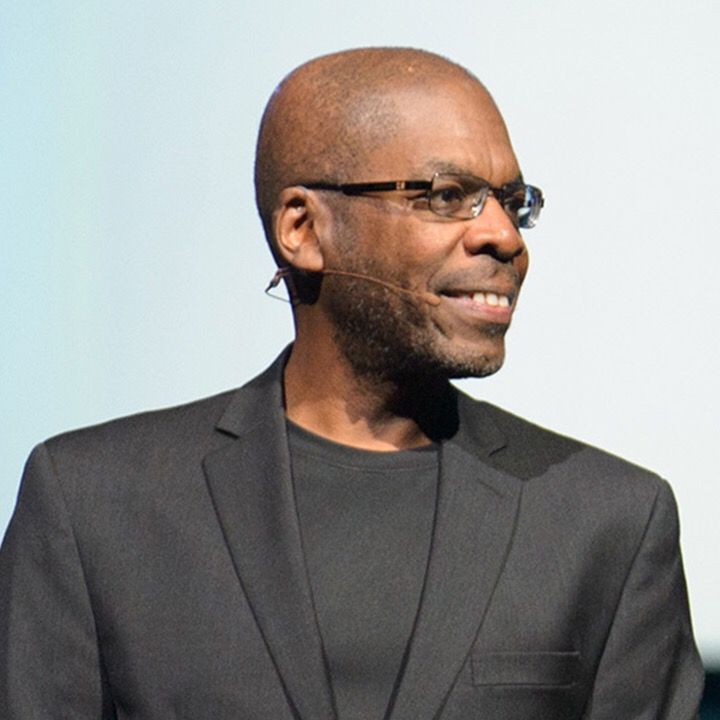In a world that champions diversity, creating inclusive spaces for individuals with special needs is an imperative stride toward a truly equitable society. While policies and infrastructural changes play a significant role, the linchpin of genuine inclusivity often lies in empathy—the ability to understand and share the feelings of others.
Empathy serves as the bedrock for building connections and dismantling barriers that hinder the full integration of individuals with special needs. It’s the compass that guides us toward comprehending their experiences, challenges, and unique perspectives. When we embrace empathy, it becomes a catalyst for meaningful change.
Empathy prompts us to actively listen and to seek understanding beyond what meets the eye. It encourages us to step into someone else’s shoes, seeing the world through their lens. For special needs individuals, this empathic understanding is transformative. It transcends mere tolerance and leads to genuine acceptance.
Creating inclusive spaces starts with education and awareness. Empathy fuels this process by fostering a mindset shift—from seeing differences as deficits to appreciating them as unique strengths. Through empathy-driven education, society gains a deeper understanding of diverse needs, fostering an environment where everyone feels valued and respected.
Inclusive spaces are not solely physical; they reside in attitudes and behaviors. Empathy cultivates sensitivity and patience, erasing stigmas and misconceptions that often shroud special needs. It encourages us to adapt environments to accommodate diverse requirements, making spaces more accessible and welcoming.
Moreover, empathy ignites advocacy. When we empathize, we become vocal allies, advocating for equal opportunities and dismantling systemic barriers. It fuels the drive to create policies and practices that prioritize inclusivity, ensuring that special needs individuals have equitable access to resources and opportunities.
One of the profound impacts of empathy is its ability to cultivate meaningful relationships. By nurturing empathy in communities, we pave the way for genuine connections, breaking down isolation and fostering a sense of belonging for individuals with special needs. These connections transcend boundaries, bridging gaps that might otherwise segregate.
However, empathy isn’t just a one-way street. It’s a reciprocal exchange that benefits everyone involved. Interacting with individuals with special needs cultivates empathy in others, fostering a more compassionate and understanding society at large.
In essence, the role of empathy in creating inclusive spaces for special needs individuals cannot be overstated. It’s the catalyst that ignites understanding, acceptance, and advocacy. It’s the cornerstone upon which a society built on equity and compassion stands firm.
Ultimately, by embracing empathy, we embark on a journey toward a more inclusive world—one where the unique abilities and perspectives of individuals with special needs are not just recognized but celebrated, enriching the tapestry of our collective human experience.

